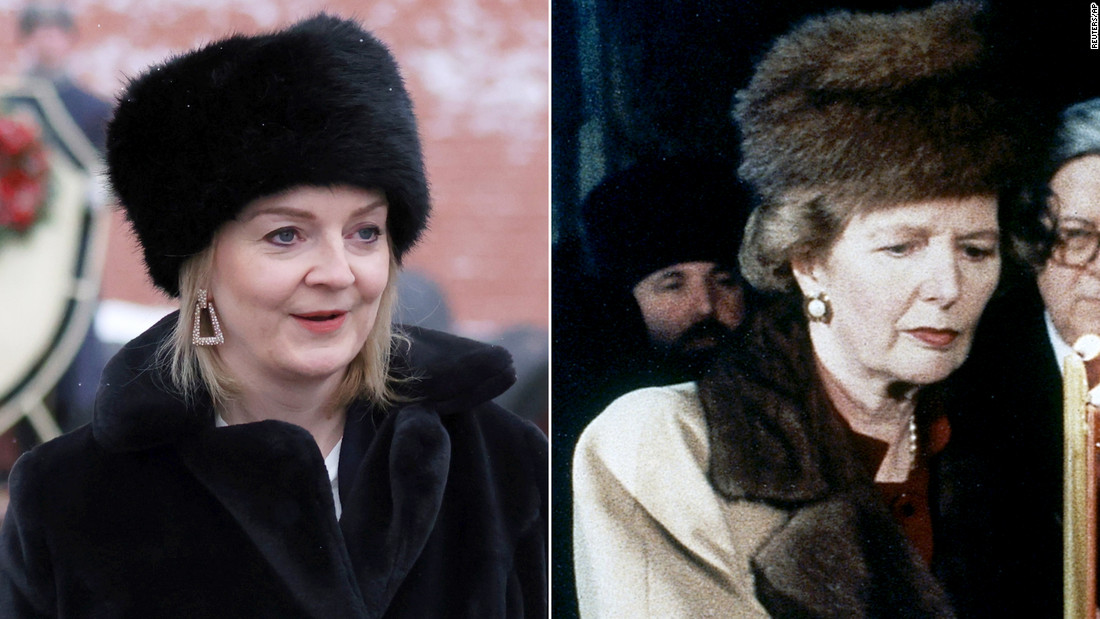
There can be no denying that this new prime minister inherits a set of political circumstances more akin to those in play when Thatcher first came to office in 1979 than that facing anyone else who entered Number 10 in the intervening years.
And so two questions naturally arise: once in office, will Truss really seek to introduce Thatcherism Part Two? And if so, how far will the prescription doled out more than four decades ago be successful in solving the problems, however similar, of 2022?
The second question may require several economics degrees and a crystal ball to resolve; but there are plenty of clues in Truss’s background and career to date to make a stab at the first.
Born in July 1975 in Oxford, to a professor of mathematics and a nurse, like Thatcher, Truss was an original thinker from a young age, but unlike her heroine did not pursue the politics of her parents.
Both the senior Trusses were on the far left of the spectrum, and her mother, Priscilla, once took her to a protest march at Greenham Common in the English countryside, where Thatcher controversially gave her friend US President Ronald Reagan permission to site American nukes.
Thatcher learned the values of thrift, self-sufficiency and living within ones means at the knee of her father, a grocer and alderman. Truss came to prize such attributes via a more circuitous route.
At Thatcher’s alma mater of Oxford, where she studied philosophy, politics and economics (Thatcher pursued a more practical chemistry degree), Truss was president of the university’s Liberal Democrat club, a party then as now on the soft center of politics.
But not long after graduation, while working as an accountant for the oil giant Shell, Truss moved to the right, going on to meet her husband, Hugh O’Leary, at a Conservative conference. The couple went on to have two daughters.
Her career survived, as did her marriage, and she made steady progress up the ranks.
She had become an ideologue after such things had gone out of fashion — a conviction politician when all around were now pragmatists.
But what is perhaps most striking is not so much the similarity of Truss and Thatcher’s views — the medicine they believe a sick Britain must swallow to cure the public finances (and only time will tell if the patient’s recovery is swift) — as it is the determination with which they hold those views.
